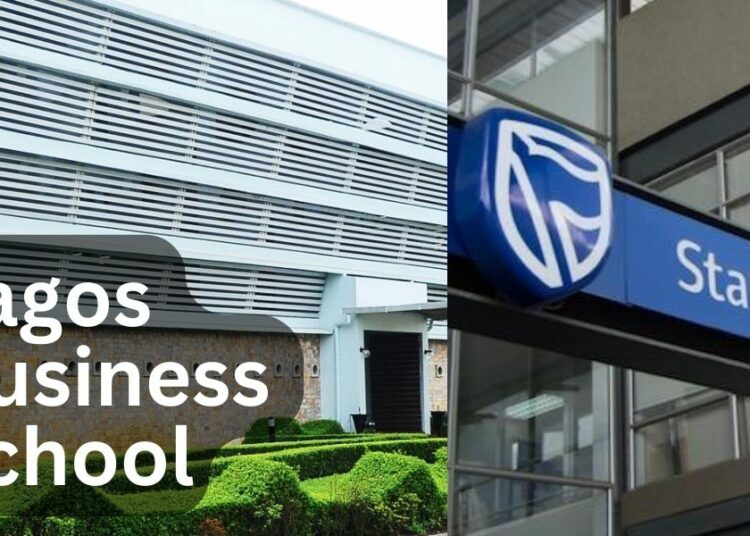The Lagos Business School and Stanbic IBTC Holdings have reiterated the need for businesses to embrace initiatives that promote environmental sustainability.
The charge was made during the presentation of a case study on the Holding Company’s Environmental, Social & Governance initiatives in Lagos.
The case study, titled ‘Beyond the Buzzwords: Concrete Sustainability Measures in Corporate Strategy,’ was authored by the dean of the Lagos Business School, Professor Chris Ogbechie and the lead of the LBS Management Hub, Segun Jones.
It was presented during a joint session to participants of the Owner-Manager Programme of the Lagos Business School and the Strathmore Business School in Nairobi, Kenya.
During his presentation, Ogbechie underscored the vital importance of sustainability for every corporate organisation’s existence.
According to him, the success of any business entity no longer consists of merely revenue targets, but in its efforts to promote environmental sustainability.
He said, “sustainability is a headache that is keeping many CEOs awake today. In Nigeria, climate change is a big risk, causing us headaches because we are facing what we call a food crisis, driven by climate change.
“In all businesses, we must think of climate change. We must think of sustainability. We must think of how to preserve the environment. There is an adage that says that we don’t inherit the earth from our ancestors. We borrowed it. When you borrow something, you must preserve it so that our children can have a better life.”
On his part, the chief executive of Stanbic IBTC Holdings, Demola Sogunle highlighted the company’s continued focus on adopting its ESG benchmark.
Sogunle emphasised that the company’s sustainability initiatives are designed to align with global best practices and recommendations.
He further stated that pursuant to its sustainability roadmap, the company had planted 43,928 trees in the last three years, and plans to hit the 100,000 benchmark by 2025.
Sogunle said, “what is driving us is that from the very top, we have been able to identify the significance of interdependence between the success of Stanbic IBTC and the welfare of the communities that we serve.
“Given our market leadership position in different sectors and the amount of trust that has been reposed on our group, we had no choice but to begin to plug in on different aspects of sustainability. We have given ourselves key targets. The way we are going, we think we will be able to achieve these targets.”
At the global climate conference — COP27, former Minister of Environment, Mohammed Abdullahi, lamented that the country lacks the public finance required to fund energy transitions and climate action.
Despite experiencing the effects of climate change, experts expressed worry that adopting a net zero strategy to curb carbon emissions is still largely viewed as a ‘nice to have’ rather than a ‘must have.’





